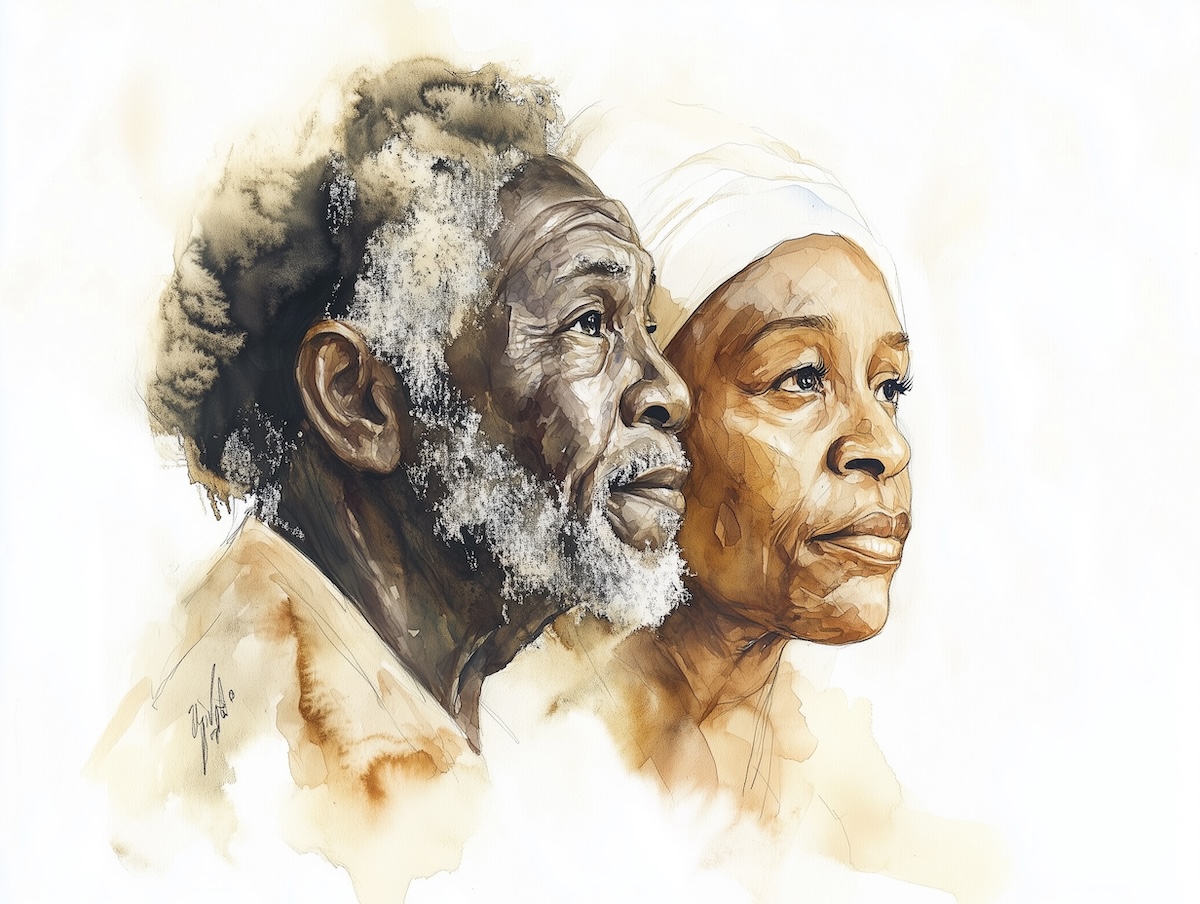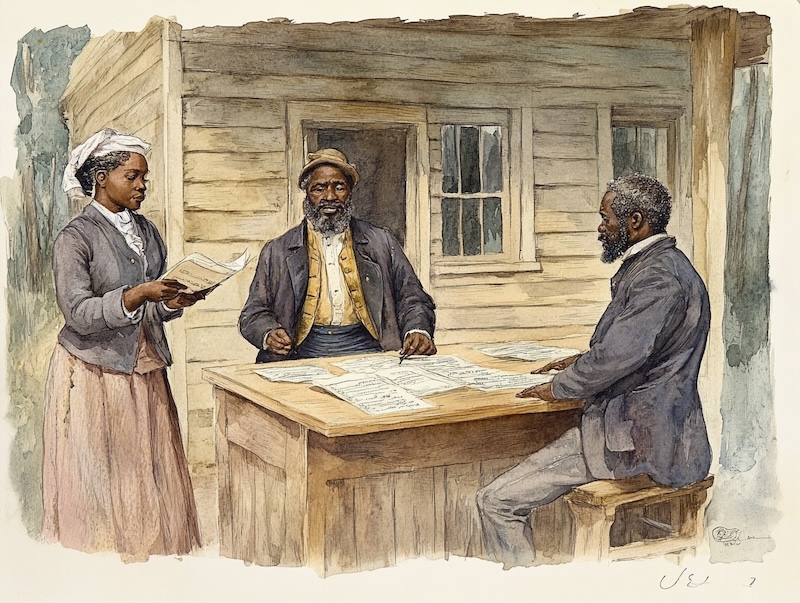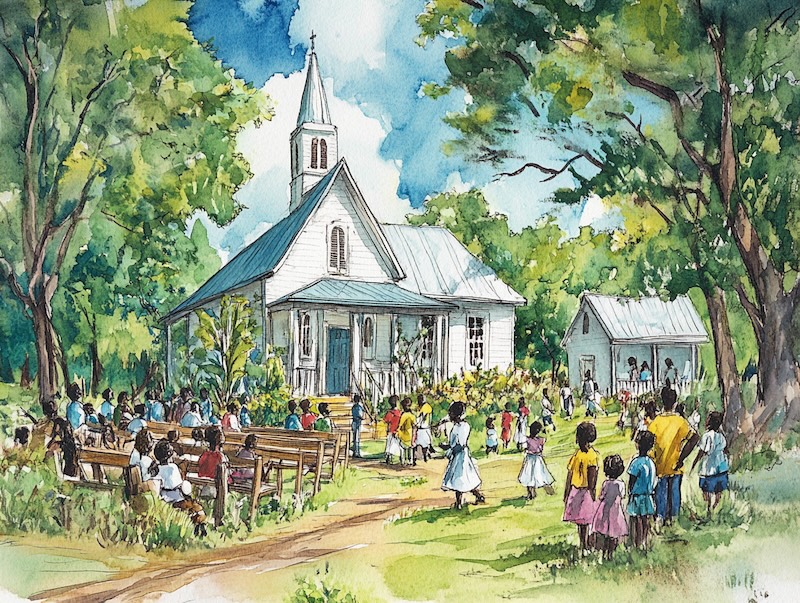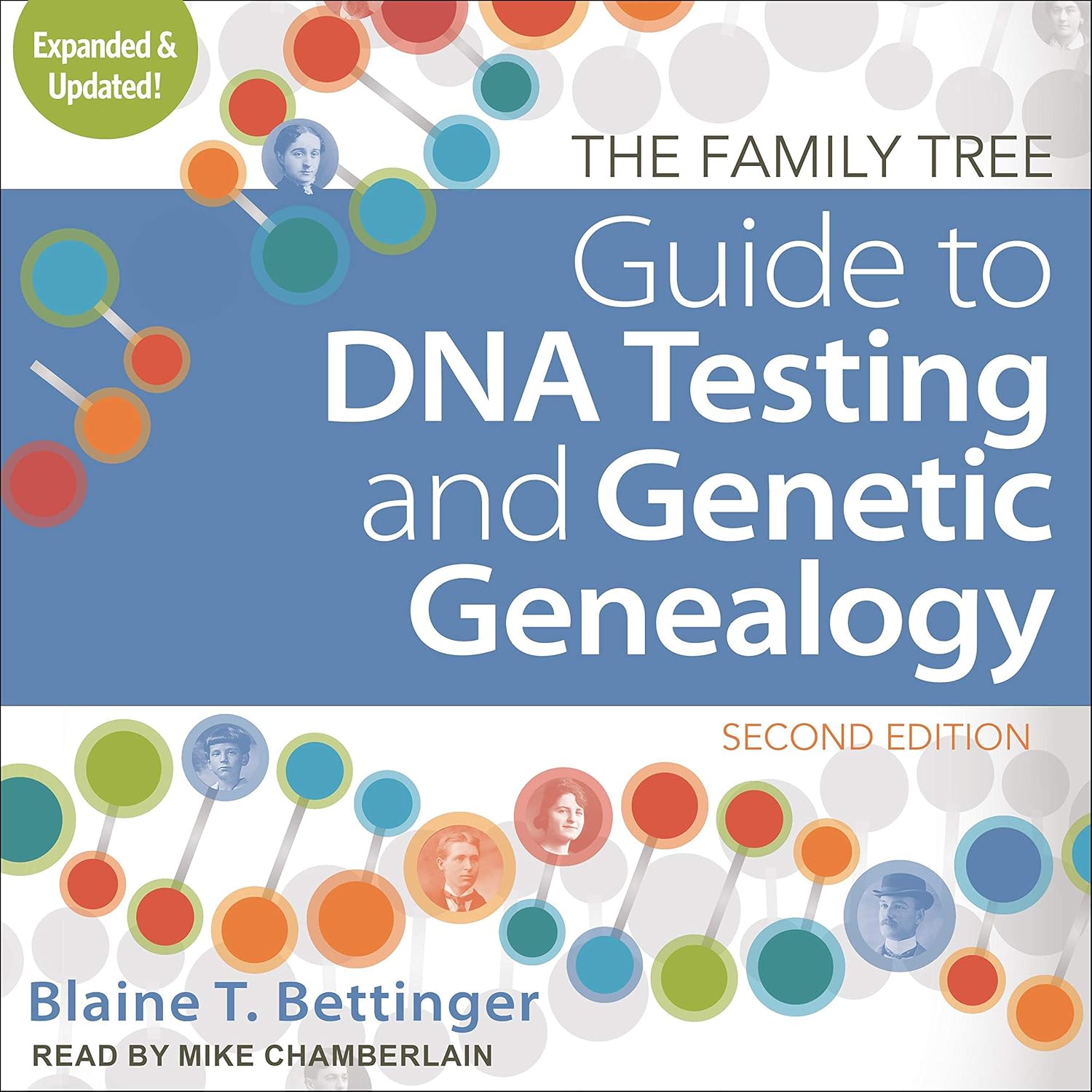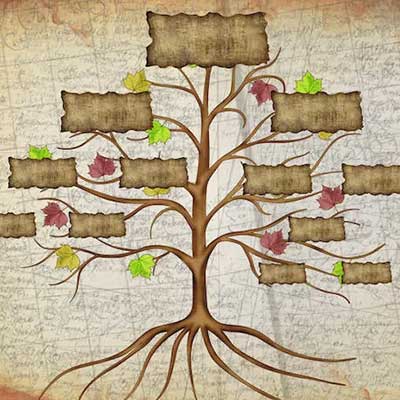- Home
- African American Stories
- African American Genealogy
Introduction to African American Genealogy
African American genealogy is a powerful and personal journey, offering a profound connection to the past, yet it often presents complex challenges. For many African American families, discovering their ancestral roots can be a challenging but rewarding process, given the historical realities of slavery, migration, and fragmented records. Tracing African-American ancestry isn’t just about understanding lineage; it also helps reclaim the narratives lost or suppressed over time. By preserving family history and cultural roots, genealogy becomes a meaningful way to maintain identity and pass on stories to future generations.
The journey of African American genealogy can be incredibly enriching because it intersects with pivotal events in U.S. history—such as the Civil War, Reconstruction, the Civil Rights Movement, and the Great Migration—making it not only a personal exploration but also a deeper understanding of African-American history as a whole.
Historical Context for African American Genealogy
To appreciate the significance of African American genealogy, it's essential to grasp the historical context that shapes it. The legacy of slavery has had a profound impact on the genealogical records of African Americans. From the 17th century to the mid-19th century, millions of Africans were forcibly taken to the Americas through the transatlantic slave trade. Enslaved people were typically recorded only as property, often without personal names, and this lack of documentation complicates efforts to trace African ancestry.
After the abolition of slavery during Reconstruction (1865-1877), African Americans faced new challenges, including limited access to formal institutions that recorded vital information like births, marriages, and deaths. Segregation and Jim Crow laws further limited the availability of public records for African American families, especially in the South. Nevertheless, important events like the Civil War, the emancipation of enslaved people, and large-scale migrations offer clues that genealogists can piece together to reconstruct family histories.
Key Resources for African-American Genealogy
Despite the challenges, several vital resources have been instrumental in helping African Americans trace their ancestry. Many records are now digitized, making them accessible through online genealogy databases.
- U.S. Federal Census Records: Census records from 1870 onward are especially crucial for African American genealogy because it was the first census to list African Americans by name after the abolition of slavery. These records provide household information, including names, ages, birthplaces, and family relationships.
- Vital Records (Birth, Marriage, Death Certificates): Vital records are essential for documenting key life events. In states that kept accurate records, birth and death certificates, marriage licenses, and divorce decrees offer valuable information such as parents' names, birthplaces, and dates of key events.
- Freedmen’s Bureau Records: Established after the Civil War, the Freedmen’s Bureau created records of freed African Americans that included marriage records, labor contracts, and assistance given to freed slaves. These records often contain detailed information about family members and life during Reconstruction.
- Military Records: African Americans have a long history of military service. Civil War military records, mainly, can be a goldmine for genealogists. The U.S. Colored Troops (USCT) played a critical role in the Civil War, and records from this period can provide personal details about ancestors.
- Slave Schedules and Plantation Records: Although incomplete, the 1850 and 1860 slave schedules list the number of enslaved people on plantations, often by age and gender. Plantation records may contain details about enslaved individuals but are often scattered across different archives and repositories.
- Church Records: African American churches have long been central to community life. Churches often kept baptism, marriage, and funeral records, which can be valuable sources of genealogical information.
By utilizing these resources, genealogists can reconstruct family trees and piece together the stories of their ancestors.
Challenges in Tracing African American Ancestry
The history of African American genealogy is marked by several unique challenges, many of which stem from the long legacy of slavery and racial discrimination. Some of the most common obstacles include:
- Pre-1870 Record Gaps: Before the 1870 U.S. Census, enslaved African Americans were rarely listed by name in official records, making it difficult to trace ancestors beyond that year. The 1850 and 1860 slave schedules recorded only the age and gender of enslaved people, not their names.
- Name Changes: Many African Americans adopted new surnames after emancipation. Some took on the names of their former enslavers, while others chose entirely new names as a symbol of freedom. This name-changing tradition can make tracking individuals across time and place difficult.
- Scattered Family Records: During slavery, African American families were often separated through sale or migration, leading to fragmented family histories. Additionally, poor record-keeping or the destruction of records due to natural disasters or deliberate acts of violence against African American communities can pose further complications.
- Migration and Mobility: The Great Migration, which saw millions of African Americans relocate from the rural South to the urban North between 1916 and 1970, can also complicate genealogical research. Families moved frequently in search of better economic opportunities, which means their records may be scattered across different regions.
While these challenges may seem daunting, recent advancements in technology and research tools have made it easier for African Americans to connect with their ancestry.
Using the Freedmen’s Bureau Records
The Freedmen’s Bureau, established in 1865, was key in assisting newly freed African Americans after the Civil War. Its records offer valuable insights into the lives of freed slaves, documenting marriages, labor contracts, school attendance, and more.
These records are an invaluable resource for genealogists because they often provide personal information otherwise unavailable in traditional public records. The Freedmen’s Bureau was responsible for helping African Americans reunite with family members, find employment, and adjust to life as free citizens. Many of the records contain family names, locations, ages, and other critical information that can help connect family trees.
Today, much of the Freedmen’s Bureau’s records are digitized and available through major genealogy websites such as Ancestry.com and FamilySearch.org, making them more accessible to the public.
Church and Community Records
Churches have historically played a central role in African American communities, especially during and after slavery. Many African American churches kept detailed records of births, baptisms, marriages, and funerals, which can be a treasure trove for genealogists. Churches were often places of refuge where African Americans could maintain a sense of identity and community. As such, they documented important life events that might not have been captured in public records.
Many churches maintain archives; some have digitized their records for public access. In addition to church records, local community organizations and social clubs can also have valuable genealogical resources, documenting African American life, especially in rural areas where government records may be sparse.
The Role of DNA Testing in African American Genealogy
Genealogical research has taken on a new dimension with the advent of DNA testing. DNA tests can help African Americans uncover their ethnic origins, potentially trace their ancestry back to specific regions in Africa, and connect with distant relatives who share common ancestors.
Several companies, including 23andMe, AncestryDNA, and African Ancestry, offer DNA testing services that cater specifically to African Americans. These tests can reveal:
- Ethnicity Estimates: DNA testing can trace your ancestry back to specific regions, including African, European, and Native American origins.
- African Ancestry: Some DNA tests can provide more specific information on African ancestry, linking individuals to specific tribes or regions in Africa.
- Relative Matching: DNA testing services often list genetic matches, connecting individuals with previously unknown family members or relatives.
DNA testing is beneficial for African Americans whose traditional paper trail has been lost or is incomplete due to the legacy of slavery and record destruction.
African American Surnames and Their Origins
The surnames of African Americans carry a complicated history, often tied to the period of enslavement and the adoption of names post-emancipation. Many African Americans took the surnames of their enslavers, either voluntarily or because they had no other surname. Some, however, adopted new surnames that reflected personal, religious, or cultural meanings, such as those associated with the Christian faith or African heritage.
In some cases, African Americans changed their surnames multiple times, making it challenging for descendants to trace their family history. Understanding the origin of these surnames and their cultural significance can provide valuable context in genealogical research.
